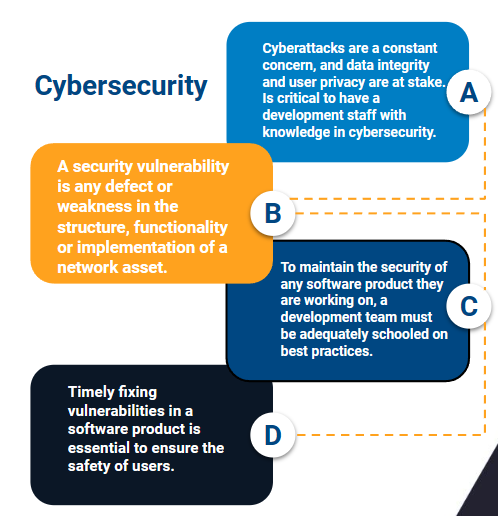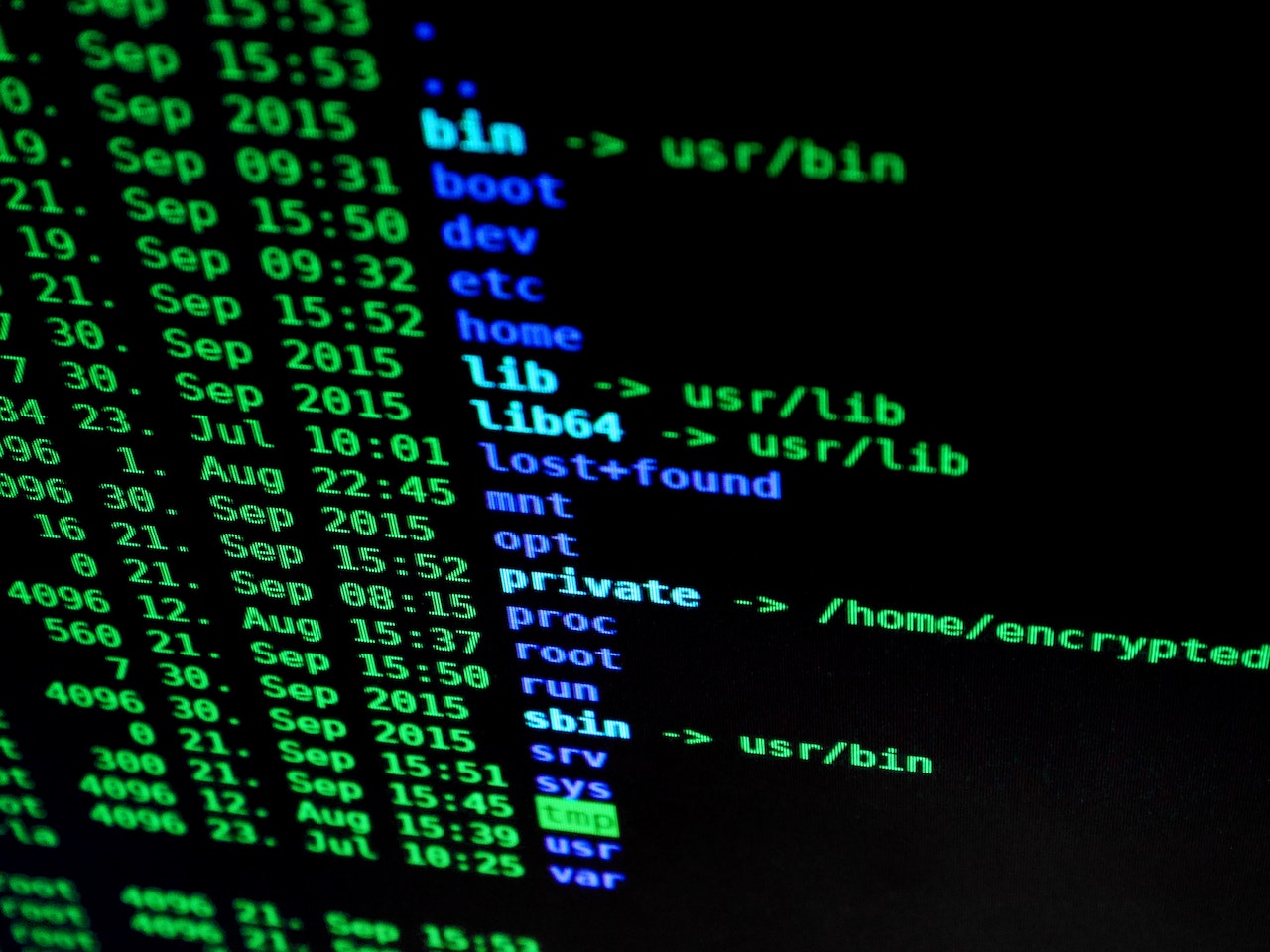Software security is a key topic in an increasingly digital society. Cyberattacks are a constant concern, and data integrity and user privacy are at stake, thus it is critical to have a development staff with knowledge in cybersecurity that is up to date on industry trends.
Any software project requires proper education and security awareness. In this post, we'll look at why it's vital and how you can include and reinforce these principles in your software development and across any team you recruit for your firm.
The value of software security
It may sound redundant to state that security is one of the most critical parts of software development, but there are occasions when teams or specialists fail to prioritize it.
According to Simplilearn, "the importance of having secure software systems grows as our reliance on them grows." Hackers are increasingly targeting software, particularly mobile apps, to exploit security holes and get access to critical information. Effective mobile device management (MDM) for data protection is more important than ever."

Software security is critical for a number of reasons:
- Personal and commercial data are valuable and must be protected. Data breaches caused by a lack of security can harm a company's brand and have legal and financial consequences.
- Costly disruptions: Cyberattacks can disrupt services and operations at a high cost. Software security aids in the prevention or mitigation of these issues.
- Legal Compliance: Regulations such as the GDPR create legal obligations to protect data. Noncompliance with these regulations may result in punishment.
- User trust is critical when it comes to reputation. Inadequate security can erode confidence and harm a company's brand.

Training in security for the development team
To maintain the security of any software product they are working on, a development team must be adequately schooled on best practices. Ongoing training equips the staff with safety training. This covers safe programming methods, recognizing common vulnerabilities, and learning how to avoid them.
Security awareness should be promoted at all stages of growth. From concept to implementation, developers must address security. Similarly, you should understand how to do security testing, such as vulnerability scans, to uncover issues before they become genuine dangers.
Cybersecurity is constantly evolving. The practice should be encouraged so that the team stays up to date on the latest security threats and solutions, so that the software product is not affected by malicious attacks.
Security awareness for end users
Not only the development team must be educated in security, but also end users must have minimal knowledge on the subject to be able to detect any threat to their application or website.
It is the duty of the development team to provide detailed documentation on how to use the software securely, including how to set strong passwords and how to avoid common threats. Also, inform users about the importance of keeping software updated with the latest security fixes.
A proper development team should provide channels for users to report security issues and get help when needed, so any issues that arise can be properly resolved.

Safety culture
Safety education and awareness is not limited to a specific event. It should be part of your organization's software development culture:
- Integration into the development cycle: Incorporate security into all stages of the software development cycle, from planning to deployment and monitoring.
- Continuous assessment: Conduct regular security audits and reviews to identify and address potential issues.
- Encourage communication: Encourage team members to report safety issues without fear of retaliation.
- Rewards and recognition: Recognize and reward those who contribute to software security.
Security education and awareness is not a one-time task, but rather an ongoing commitment. By incorporating security into your organization's culture and into your software projects, you will be better prepared to protect your systems, data, and the trust of your users in an increasingly complex and threatening digital world.
We recommend you on video



